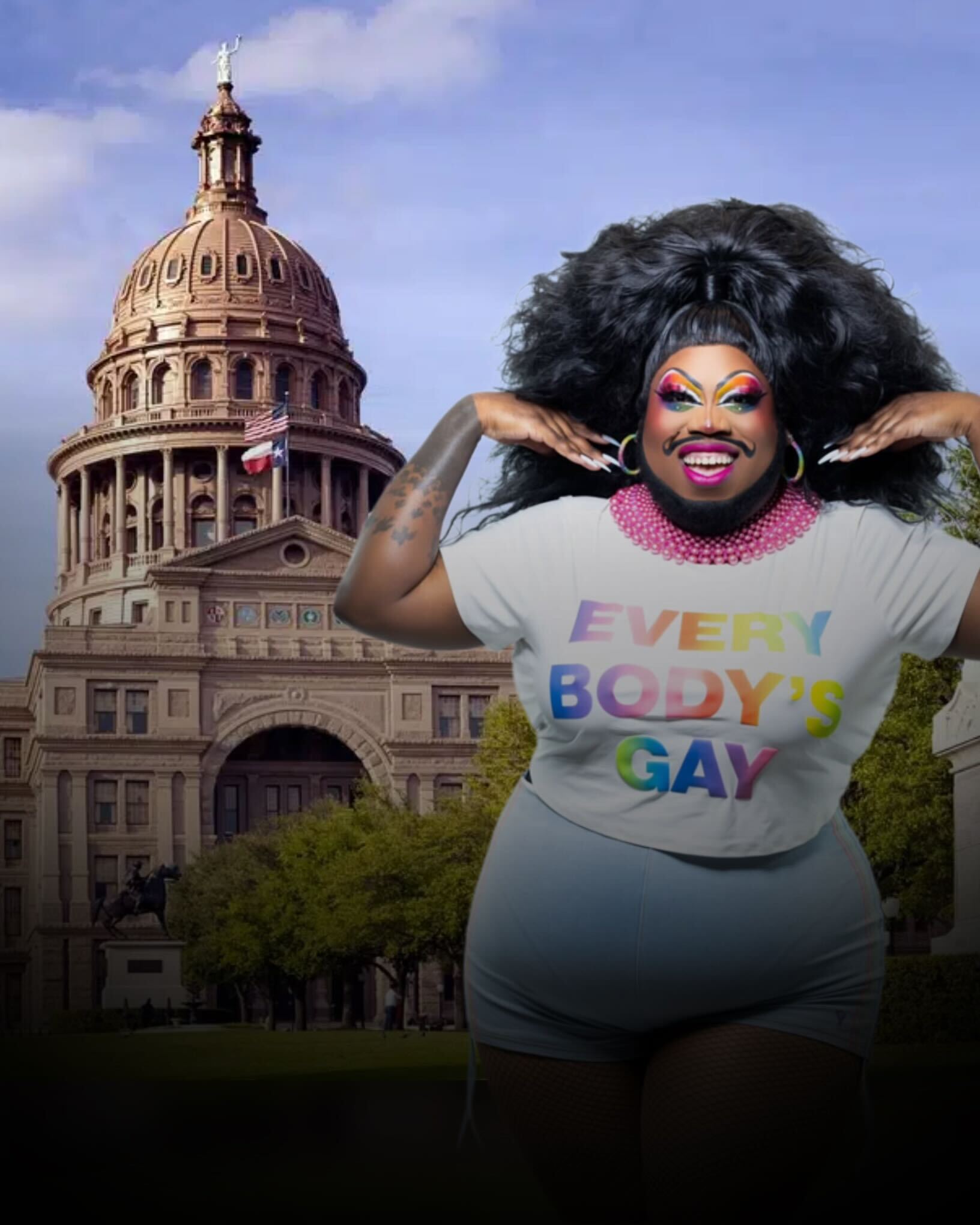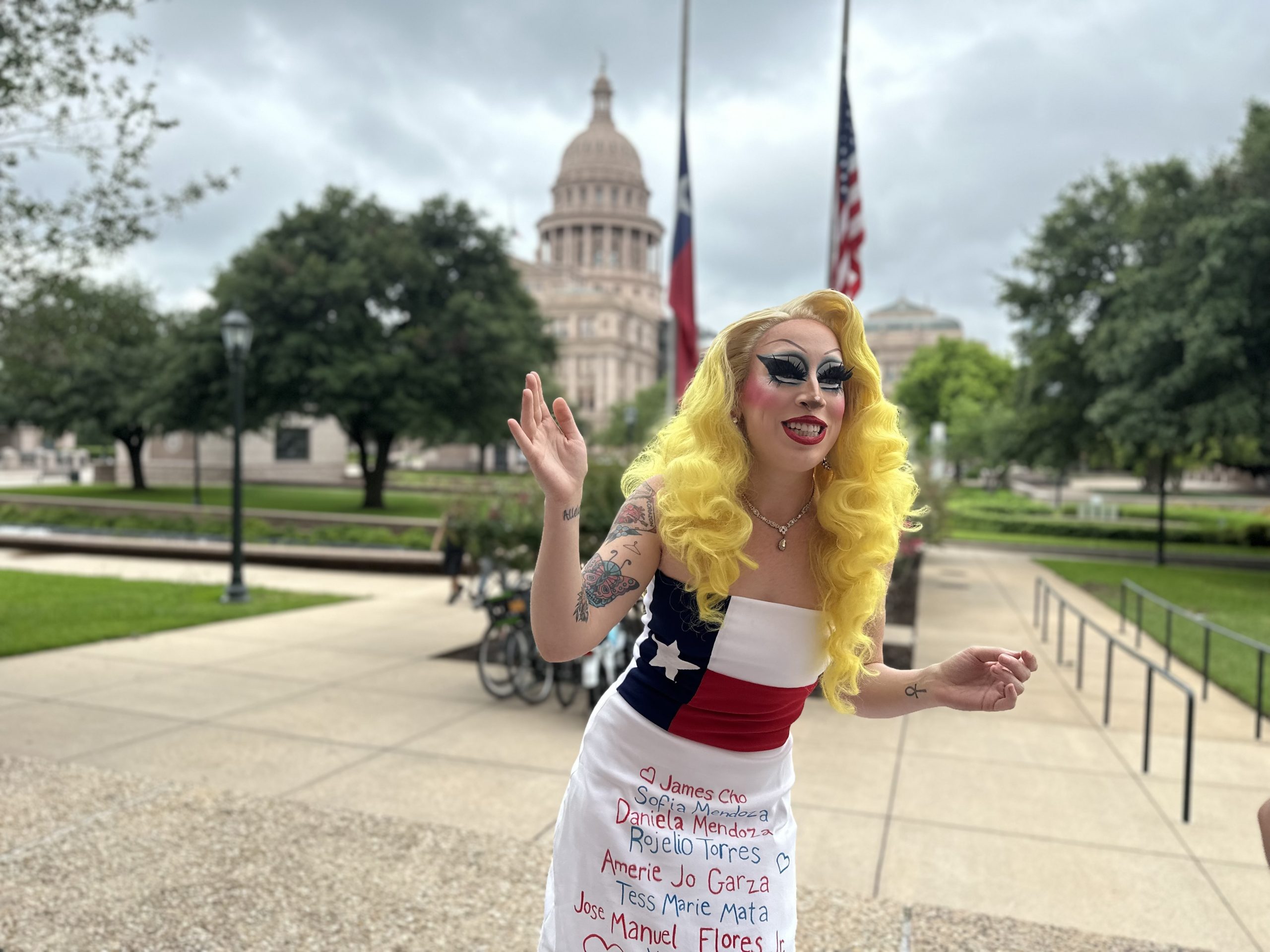
A three-judge panel of the U.S. Court of Appeals for the Fifth Circuit has given the state of Texas permission to enforce Senate Bill 12, a 2023 law that targets public drag performances under the guise of protecting children from “sexually oriented” shows. The decision marks a chilling turn in the ongoing battle over free expression, queer visibility, and state-sanctioned discrimination.
Under SB 12, businesses face fines of up to $10,000 for hosting performances deemed “sexually oriented” before minors, and performers themselves could be charged with a Class A misdemeanor. While the statute doesn’t explicitly say “drag,” its legislative history and the public comments of Texas officials make it crystal clear that drag artists were the intended target.
In 2023, U.S. District Judge David Hittner struck down SB 12, ruling that it “impermissibly infringes on the First Amendment.” But the Fifth Circuit’s new ruling reversed that injunction, sending the case back to district court and enabling enforcement in the meantime. What the court effectively said is that only a drag show that includes nudity or simulated sexual contact or that “appeals to the prurient interest in sex” can be restricted.
If a performer simply lip-syncs, dances, or tells stories in drag (even before children), the law might not apply. But that’s the danger, tying enforcement to subjective definitions of what counts as “erotic” opens the door for selective enforcement and broad intimidation. The law’s ambiguity is the point, it’s meant to scare performers into silence.
This isn’t about protecting children. This is about policing gender, queerness, and public self-expression. Drag is not inherently sexual, it is art, parody, theater, protest, and joy. Legislating it out of public space under the guise of “morality” is a moral failure in itself.
Attacking drag queens is wrong, flat-out wrong. When lawmakers build a statute that masquerades as child protection but is actually aimed at restricting queer visibility, we have to call it what it is, which is censorship wrapped in culture-war rhetoric. Drag has long been a mirror that reflects the absurdities of gender norms, power, and politics. To criminalize it, or even hint that it should be contained, is to criminalize expression itself.

The court’s reasoning only deepens the contradiction. Several plaintiffs were found to lack standing because their performances were not “sexually oriented,” and thus, according to the panel, the law did not apply to them. In other words, the safer and more subdued your drag, the more likely the court is to say you have nothing to fear. But that logic doesn’t protect drag, it limits it. It punishes flamboyance, humor, satire, and the very camp sensibility that defines the art form.
In his partial dissent, Judge James Dennis made it plain and wrote “Drag, a costumed, choreographed, and frequently parodic performance that speaks in the idiom of gender, plainly participates in that protected tradition.” He warned that collapsing “an entire art form into a few salacious acts turns these principles on their head.”
Meanwhile, Texas Governor Greg Abbott celebrated the ruling with a smug post boasting that he had signed a law banning drag performances in public. Attorney General Ken Paxton praised the decision as a victory for “protecting families and children.” But families and children don’t need protection from drag; they need protection from the state’s obsession with moral panic.
The Fifth Circuit’s decision might seem narrow, it technically doesn’t outlaw drag altogether, but its precedent is dangerous. It signals that drag performers must now second-guess every gesture, costume, and lyric to avoid prosecution. It allows lawmakers to claim they’re not banning all drag, just the “wrong kind.” But who decides what’s wrong? Who draws the line between art and indecency? Who gets punished when power and prejudice meet?
Let’s not forget that this same court has a long history of decisions that erode the boundaries between personal liberty and political agenda. This ruling fits neatly into a broader effort to control narratives about gender and sexuality under the pretense of “public decency.” It’s a dog whistle turned into law.
Still, drag artists and their allies remain undeterred. The plaintiffs and the ACLU of Texas released a joint statement calling the ruling “heartbreaking but not defeating.” They vowed to continue the fight until the law is struck down for good. “Drag is not a crime,” they declared. “It is art, joy, and resistance, a vital part of our culture and our communities.”
And they’re right. Drag is storytelling, it is history, and it is survival in glitter and lace. It is the living testimony of queer creativity that has always outdanced oppression. When the state tries to police drag, it’s not just policing performance, it’s policing possibility.
So to the drag performers of Texas, keep the lights on. Keep the lashes long. Keep the heels high. This fight isn’t just about who gets to perform; it’s about who gets to exist in public without apology.
Because drag isn’t just a show, it’s a sanctuary. A shimmering act of defiance against silence. And no court ruling, no governor’s pen, and no law draped in moral panic can stop that stage from rising again.